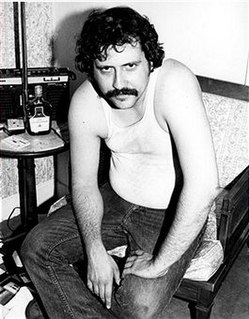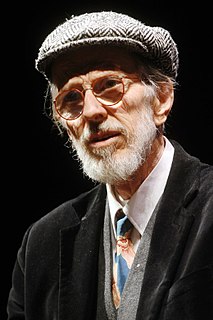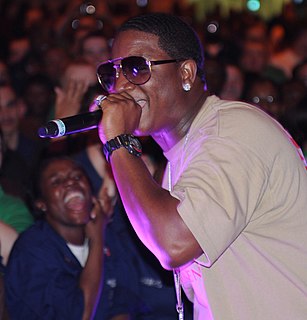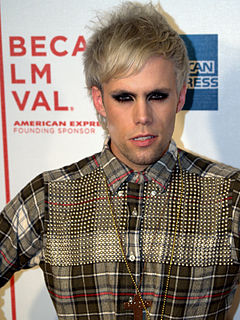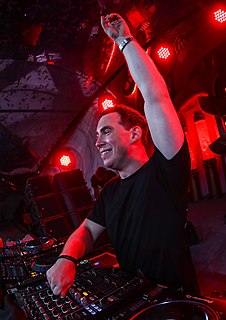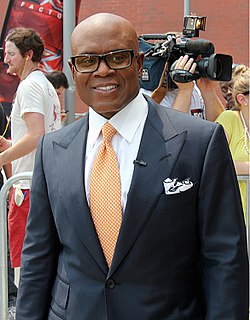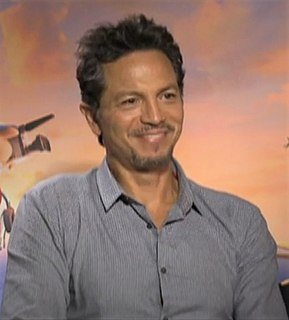A Quote by Lester Bangs
I don't see that there are any particular changes in popular music.
Quote Topics
Related Quotes
It's emotion. When you are watching a movie you see a woman sitting with her daughter and looking in her eyes and you see butterflies flying in the background and then you suddenly hear scary movie music and it changes the whole thing. But if something sounds different it changes the movie. Music is the back drop of what you talk about.
I think that a lot of the time I don't go for something in particular. I see what comes to me, I filter it out. I never really strive to play a particular character or do a particular genre of film. As long as it's a good script and a great range of people and my character is really interesting I can't see any reason not to do it.
